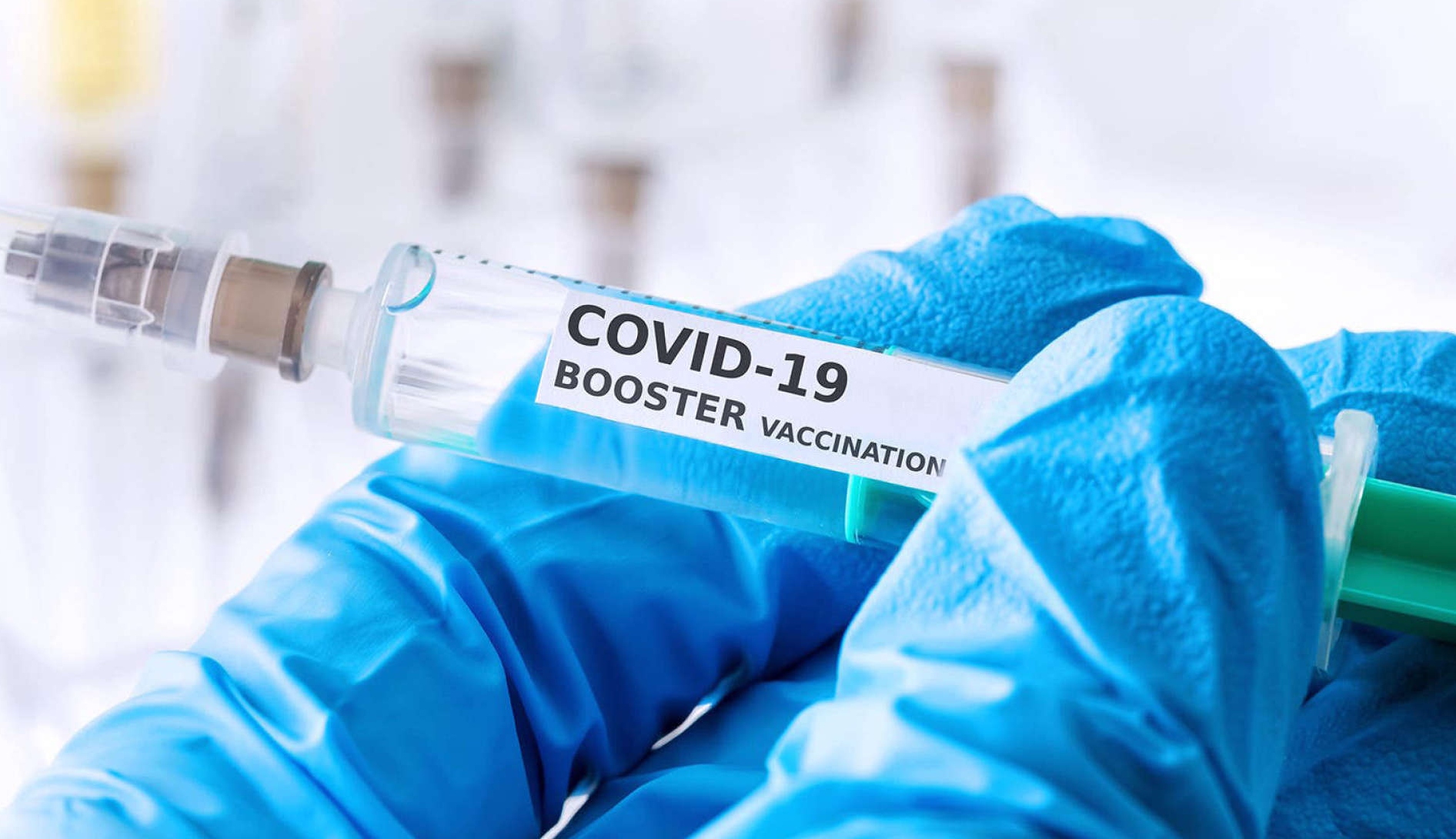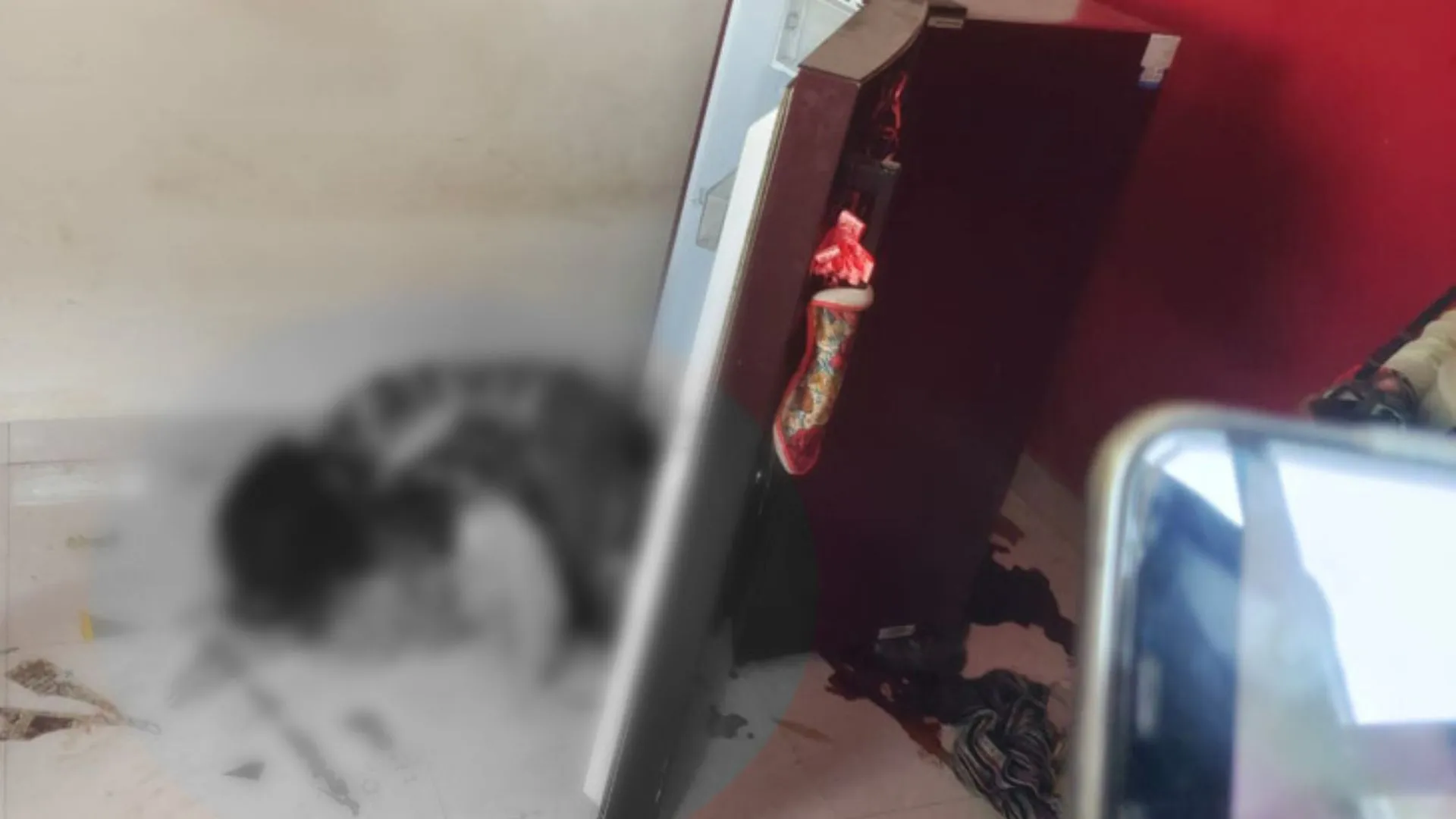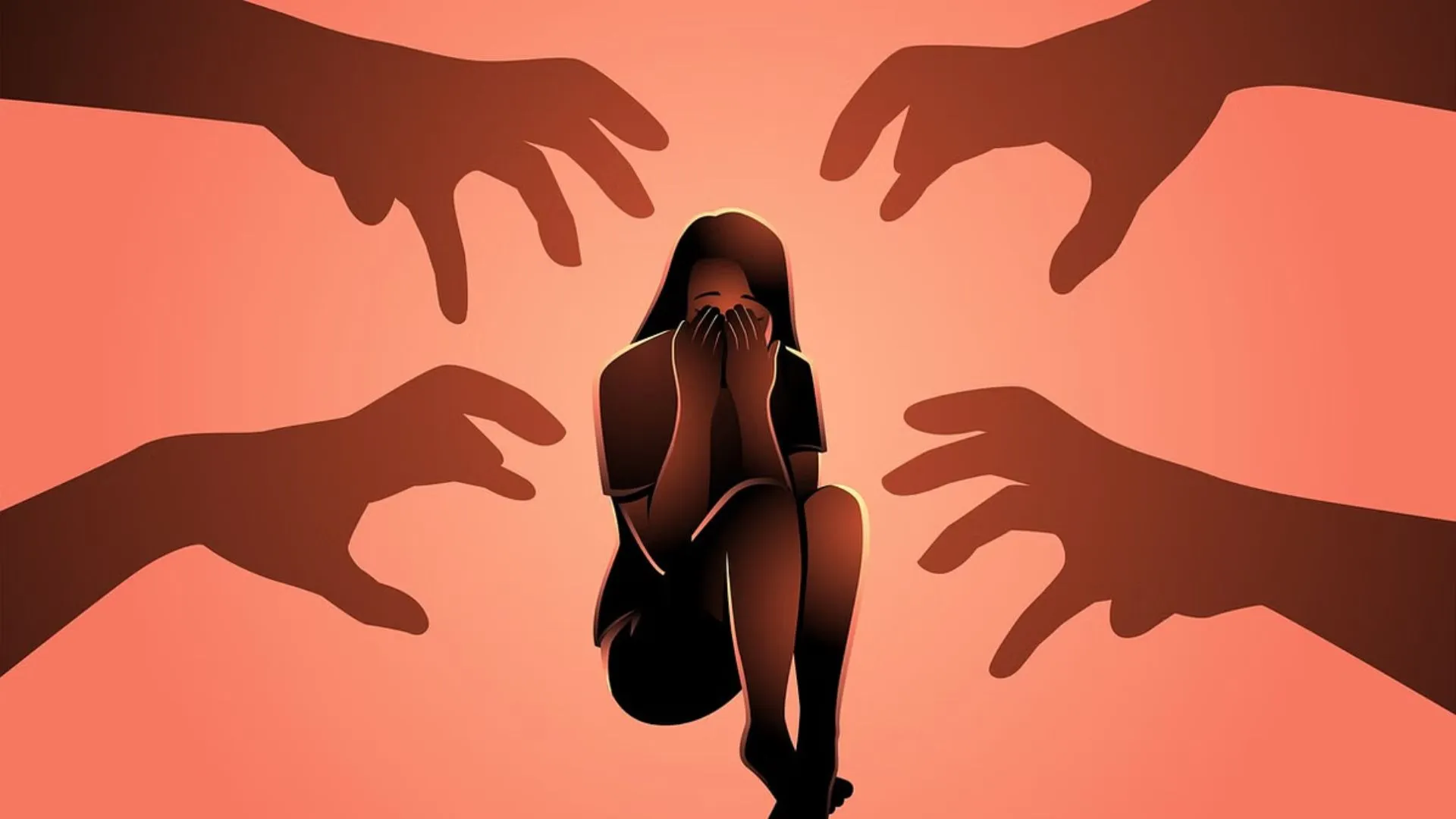Delhi on Monday witnessed a decline in Covid cases and logged 12,527 new infections in the last 24 hours. With this, the positivity rate in the national capital stands at 27.99%, while the active cases also declined to 83,982. As per the health department bulletin, 24 deaths were reported in the last 24 hours, taking the cumulative Covid death tally of Delhi to 25,387.
Further, the health department said that there are 68,275 Covid patients in home isolation presently.
Meanwhile, as 18,340 patients recover from the virus in the last 24 hours, the recovery rate in the national capital touches 93.65%, taking the total number of Covid recoveries to 16,13,128.
During the last 24 hours, 23,577 people Covid-19 vaccination doses were administered, out of which 8,248 beneficiaries of the 15-18 age group were vaccinated.
As many as 44,762 Covid tests were also conducted in Delhi, including 39,767 RT PCR tests.
India on Monday logged over 2.5 lakh new Covid-19 cases. The daily positivity rate is 19.65%. The country’s active caseload currently stands at 16,56,341.
As many as 8,209 cases of the Omicron variant were detected across 29 States and Union Territories so far, out of which 3,109 have recovered or migrated.
‘BETTER PREPARED’
Analysing the curvature of the three Covid-19 waves that have hit India, experts said that the preparedness in the third wave is better at all levels, while adding that until the next few weeks, it is too early to come to an inference regarding the significant changes at the peak level.
Dr Vivek Anand Padegal, Director, Pulmonology, Fortis Hospitals, Bengaluru said, “The first wave began slowly and gradually worsened, with approximately 5-10% of total patients experiencing low oxygen levels, leading to a major increase in hospitalisation rates and a followed decline these rates. The second wave, on the other hand, began more quickly, reached the peak and then receded over the course of two and a half months.” “The third wave is here and the patients look to be in better health for the time being. Although ICU admissions appear to be down, the symptoms are varied, with symptoms like sneezing, runny nose, and headaches. However, it is too soon to say whether the changes in this peak are significant until the next few weeks,” said Dr Padegal.
Dr Ashutosh Shukla, Senior Director, Internal Medicine and Medical Advisor, Max Hospital, Gurugram, said that the preparedness in the third wave of Covid-19 is better at all levels.
“The first wave of Covid-19 started showing its peak in March 2020. At that point of time, we all had poor knowledge about the disease. Most of the patients were in the elderly age group with associated comorbidities. Prominent symptoms were related to the respiratory system. Nobody was vaccinated and there was the scarcity of PPE and testing kits,” said Dr Shukla. “In the second wave, several mutants of coronavirus were encountered. Patients had not only breathing problems but also symptoms related to the gastrointestinal system. The severity of the disease was worse resulting in higher morbidity and mortality. During the third wave, the preparedness is better at all levels—personal, community and governmental,” he further added.























